22 Light-Years (2020)
Gênero : Animação
Runtime : 18M
Director : Janie Geiser
Sinopse
22 Light-years draws on a range of visual sources, including photographic negatives, diagrams, found patterned papers, and archival footage. These sources merge, sometimes uncomfortably, with video that was screen-recorded while operating desktop home design software. By creating digital floor plans, landscaping, and roofless homes in real time, and manipulating those videos to move them further away from the software’s intent, Geiser fabricates a digitally lush, elliptical, uncanny world, where home planning never results in a tangible home. The familiar material elements (negatives, diagrams, flower seed packets) wear the skin of the immaterial realm, suggesting time as simultaneous, mutable, and unknown. (janiegeiser.com)

A musical horror story about two young women who are stalked through a shopping mall by a cannibal. He follows them home, and here the victims become the aggressors.
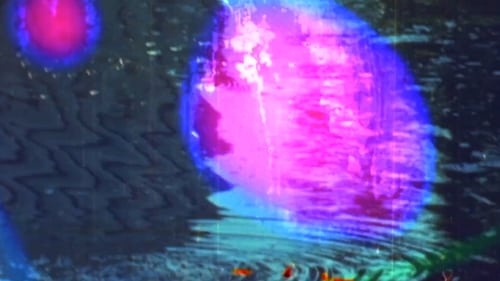
Tar pits form as petroleum seeps to the surface through fissures in the Earth’s crust, leaving viscous asphalt pools. To make Tar Pits Film, Jennifer West threw a strip of film into the La Brea Tar Pits in Los Angeles, still-bubbling asphalt pools which have seeped from the ground for tens of thousands of years. The film was then ridden over hot asphalt by a motorcycle and drenched in other substances including thick mayonnaise and body lotion.
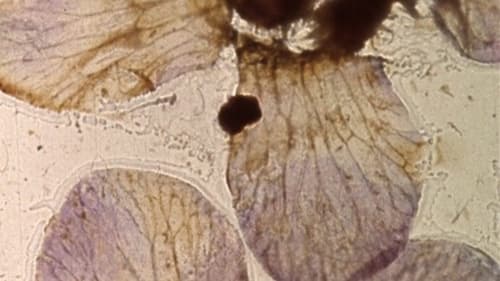
Seemingly at random, the wings and other bits of moths and insects move rapidly across the screen. Most are brown or sepia; up close, we can see patterns within wings, similar to the veins in a leaf. Sometimes the images look like paper cutouts, like Matisse. Green objects occasionally appear. Most wings are translucent. The technique makes them appear to be stuck directly to the film.
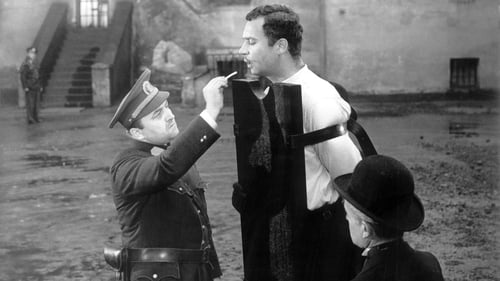
Comédia negra sobre um assassinato e as suas consequências, apresentada do fim para o princípio, onde a morte é na verdade um renascer. O filme começa com uma "execução" do protagonista principal e retrocede para explorar as suas ações e motivações anteriores.

Consistent stylistic-thematic structures link and merge throughout the bewildering event chain. The distinction between organic forms and human artifacts is blurred by the visual style which is enigmatic without being ambiguous.
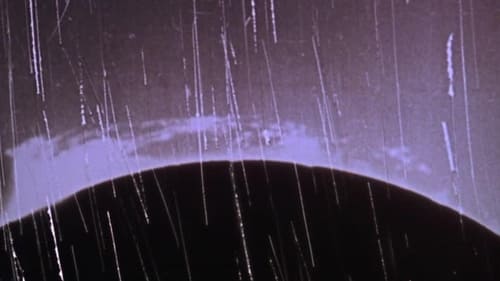
A creation myth realized in light, patterns, images superimposed, rapid cutting, and silence. A black screen, then streaks of light, then an explosion of color and squiggles and happenstance. Next, images of small circles emerge then of the Sun. Images of our Earth appear, woods, a part of a body, a nude woman perhaps giving birth. Imagery evokes movement across time. Part of the Dog Star Man series of experimental films.
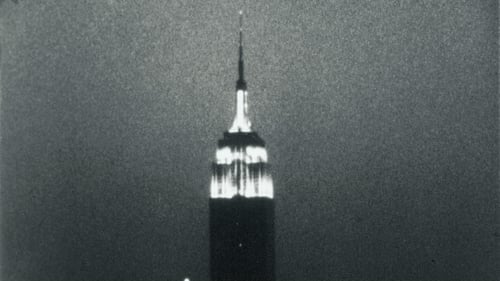
Experimental film consisting of a single static shot of the Empire State Building from early evening until nearly 3 am the next day.

Early Abstractions is a collection of seven short animated films created by Harry Everett Smith between 1939 and 1956. Each film is between two and six minutes long, and is named according to the chronological order in which it was made. The collection includes Numbers 1–5, 7, and 10, while the missing Numbers 6, 8, and 9 are presumed to have been lost.

Four friends leave Seattle for a weekend in a remote, rain-soaked corner of Washington State's rustic Skagit Valley. The foreboding October landscape begins to warp their minds, plunging each of them into alternate realities where they must grapple with personal demons, sexual tensions, and a sinister natural world as they claw their way back to sanity.

100 basic images switching positions for 4000 frames.

An experimental short film by Walerian Borowczyk and Jan Lenica.

After a catastrophic global war, a young filmmaker awakens in the carnage and seeks refuge in the only other survivor: an eccentric, ideologically opposed figure of the United States military. Together, they brave the toxic landscape in search of safety... and answers.

Via the New York Times: "...a severely obscure meditation on pre-revolutionary Russia in the form of an encounter between a ghost from the past and the ghost's present-day guardian. In fact, the two characters seem to be the shade of Anton Chekhov and the young man who tends a Chekhov museum in the Crimea, though that is never made explicit."

Animator Ryan Larkin does a visual improvisation to music performed by a popular group presented as sidewalk entertainers. His take-off point is the music, but his own beat is more boisterous than that of the musicians. The illustrations range from convoluted abstractions to caricatures of familiar rituals. Without words.

Starting in the late 1930s, illustrator and experimental animator Douglass Crockwell created a series of short abstract animated films at his home in Glen Falls, New York. The films offered Crockwell a chance to experiment with various unorthodox animation techniques such as adding and removing non-drying paint on glass frame-by-frame, squeezing paint between two sheets of glass, and finger painting. The individual films created over a nine-year period were then stitched together for presentation, forming a nonsensical relationship that only highlights the abstract qualities of the images. —Kansas City Electronic Music and Arts Alliance

Close-ups of two faces, shouting at each other.

Sitting on a promenade in nice with a sign: Watch me, that’s all.

Matthias Müller’s films are always about both the eternal and the volatile qualities of cinema. They exaggerate the unreality and clinical perfection of the Hollywood studio films of the 1950s, quoting its sets and colours (Home Stories, 1990; Pensão Globo, 1997) or even reconstructing them in minute detail (Alpsee, 1994). But, at the same time, these attributes, known in film jargon as the production values, are exposed to decay – a decay which on closer inspection proves to include wilful acts of creation. As his own lab technician, Müller is responsible not only for subsequent wear and tear, but also for the initial developing of his own film material.

In an endless loop, unexposed film runs through the projector. The resulting projected image shows a surface illuminated by a bright light, occasionally altered by the appearance of scratches and dust particles in the surface of the damaged film material. This a film which depicts only its own material qualities; An "anti-film", meant to encourage viewers to focus on the lack of concrete images.










